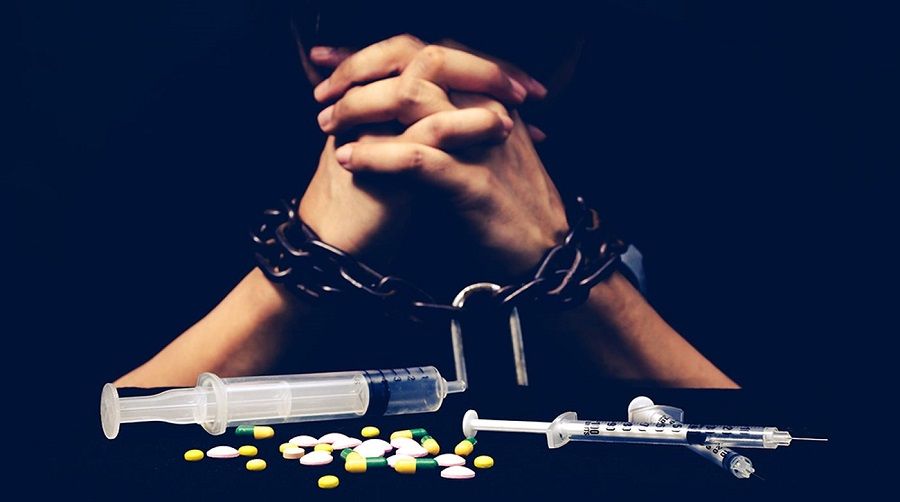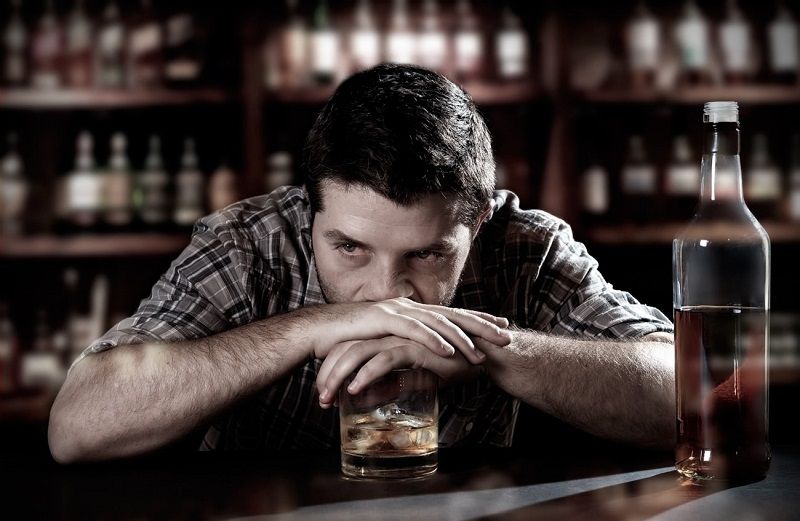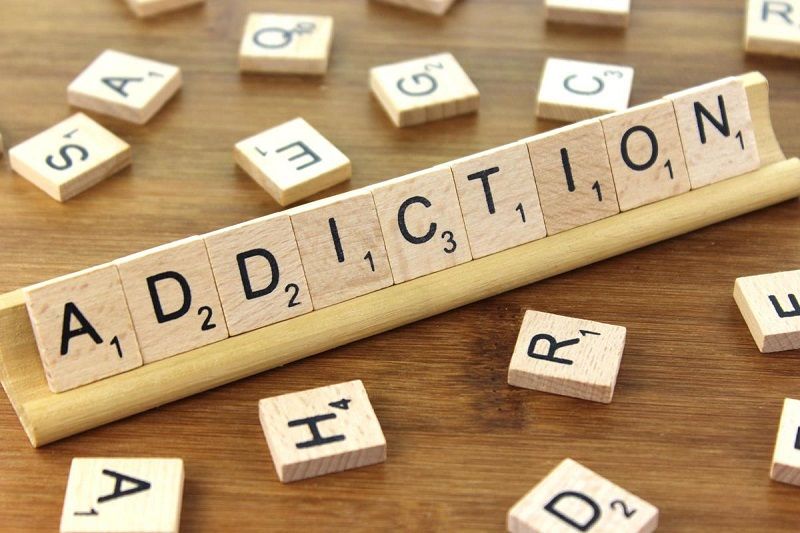
5 best tips to stop addictions in a definitive way
To stop addictions it is essential to have support from our environment as well as to avoid all those situations that may cause us to relapse into the problem.
Addictions are dangerous habits or behaviors that generate a dependency on the person. There are also addictions to the consumption of products or drugs that affect and destroy the individual, both physically and mentally.
Discover in this article the best tips to stop addictions and start improving your life. Free yourself from these bonds and take control of what you want and do not want to do.
The 5 best tips to stop addictions
1. Be honest with yourself
The first step to overcome any problem in life is to admit that we have it. If we cling to a pessimistic or introspective attitude, in which we do not allow ourselves to be advised or helped, we will not solve anything.

We must be honest with ourselves and be able to face things face to face. Self-deception, minimizing the situation, avoiding talking about the topic, hiding our addiction, lying or looking for excuses when we are discovered are self-destructive attitudes.
Honesty will help us to be honest, to admit the harsh reality of the situation in which we have fallen. In this sequence, the next step will be to make the decision to change and understand that there is no healthy addiction. They all bring pain and suffering to our lives. You may also adopt 6 habits that will charge your energy.
2. Ask a professional for help
Enter the hell of an addiction can be an almost imperceptible process that costs us to become aware. In many cases, addictions begin with an emotional imbalance or as a consequence of a psychological pain that we do not know how to get out of. To think that we are self-sufficient or that we can with everything is a mistake.
In this sense, a specialist in the field can guide us to make the right decisions to get out of the addiction. We should not underestimate the experience of these professionals and the career that supports them. We must have confidence in the therapist and, above all, follow the program to overcome our addiction.
3. Discover what triggered your addiction
Each person is a world and there are no unavoidable triggers that lead to an addiction. However, there are some factors that can cause this problem:
Low self-esteem: People who have feelings of undervaluation, insecurity, fear or low self-esteem can fall into addictions to try to alleviate or counteract these negative feelings. Keep reading Why Drug Treatment In California Can Boost Addiction Recovery

Periods of pain: Amorous disillusionment, the death of a loved one, the loss of economic stability, important changes in the stage, etc.
Youth and bad companies: The inexperience of youth and living with friends who suffer from addictions can drag us into the same problem.
Anxiety and depression: The appearance of a chronic disease or a permanent alteration of the nervous system can also be risk factors to develop an addiction.
4. Look for a good emotional support around you
Overcoming an addiction without the help of anyone is very complicated and difficult. It requires a will of steel and a lot of perseverance. For this reason, it is convenient to be surrounded by people. That we trust and can help us and know how to help. The family, friends or couple have, in this sense, a very important role. Any type of emotional support in a time of crisis can help to stop addictions.
For this, they must know the reality of the addiction and have the necessary information to know how to act. There should be an interview between the psychologist and family members, in order to know the guidelines that should be followed. In the treatment against an addiction, the social environment, if you want to cooperate, is very valuable and can be decisive for recovery.
5. Beware of relapses

All addictions have cycles where they usually let their guard down and relax. It is common that in a stage of happiness or euphoria. After spending some time overcoming the problem, it is decided to try again “just one more time”. These relapses can be a serious danger that submerges again and prevents stopping addictions from ending permanently. However, they must face and learn to take advantage of them by analyzing the situation with the psychologist.
We must maintain and encourage a positive and vital attitude. If other people have gotten out of that addiction, we will also achieve it. In this fight, there are stages of ups and downs. Periods of happiness and days of suffering. And we must understand relapse as a natural process in rehabilitation, without minimizing it, but learning from error.





